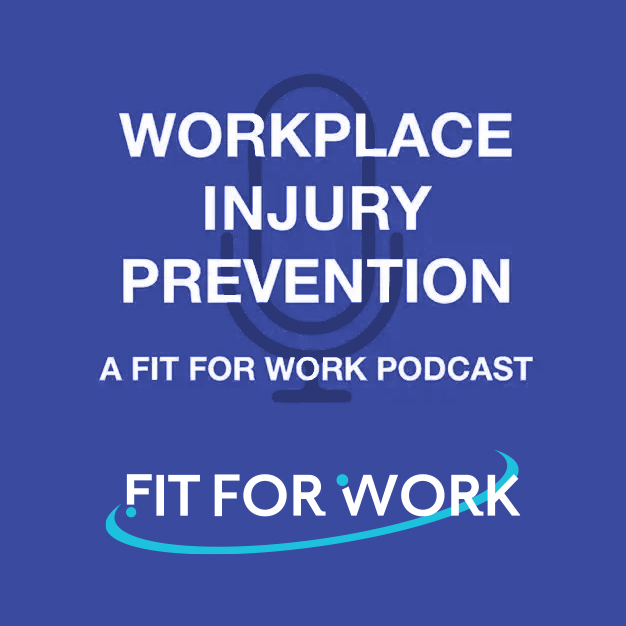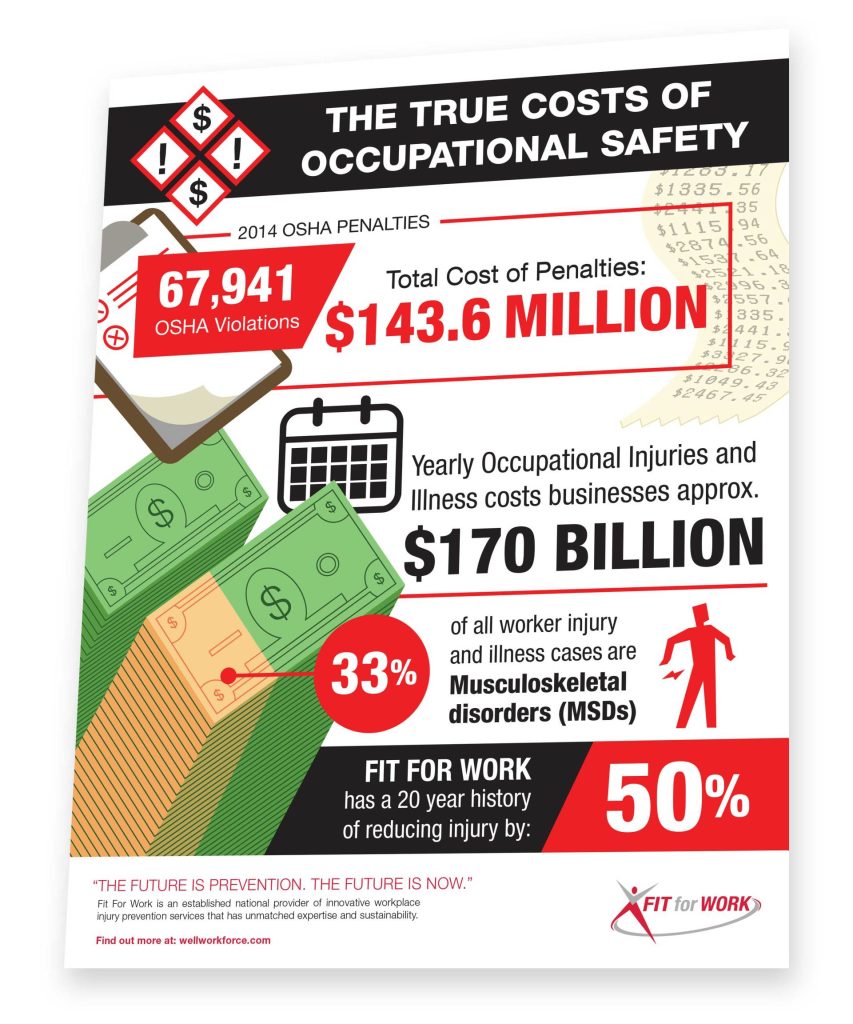OSHA requires rapid reporting of the most severe work-related incidents, injuries, and illnesses. A fatality, for example, needs to be communicated to the agency within 8 hours, while inpatient hospitalizations, eye losses, and amputations must be reported within 24 hours. But that doesn’t mean employees or employers should procrastinate recording and reporting less extreme injuries and illnesses. Most worker compensation plans allow for a 30-day window in reporting, and in some quarters, this grace period is seen as employee-friendly, since it allows employees to gauge the severity of their own situation and decide for themselves when to seek treatment. To Texas-based employee-law specialist Levi McCathern, that just doesn’t make sense. “Immediate injury reporting gets the worker to the doctor quickly, results in shorter periods of disability, fewer claims disputes, and faster claims payouts,” he says. “And, of course, for the employer, there are significantly lower costs plus the employer gets valued workers back. And, over time, workers who get back to work quickly tend to stay healthier and return to their earnings level more quickly.” McCathern cites the case of a 35-year-old food-service worker who suffered a rupture of her bicep tendon when moving boxes, and postponed reporting the injury for two weeks. The delay meant that surgeons couldn’t repair the tendon. Pointing to the fact that unreported injuries can affect people other than the original sufferer, McCathern told the story of a 43-year-old manufacturing company employee who was struck by a projectile from a defective binding machine. She delayed reporting the incident for a week, during which time another employee was hurt in exactly the same way. “Immediate reporting prioritizes the importance of catching those dangerous conditions and fixing them,” McCathern concludes. And by citing the likelihood of “fewer claims disputes” with immediate recording and reporting, the attorney alludes to the ticklish subject of determining if injuries reported as job-related really are. Delays in reporting can lead to ambiguity about when and where an injury happened. For more on injury recording and reporting, see our eBook “OSHA Injury Reporting Requirements Can Benefit Your Bottom Line”. And for guidance on all of these issues, contact us. 
Prompt Reporting of Injury and Illness: A Win-Win Formula





